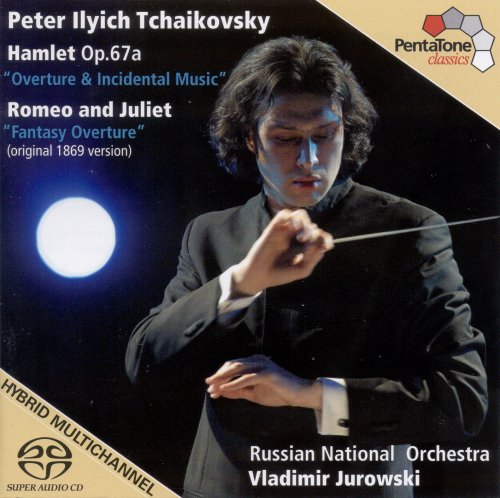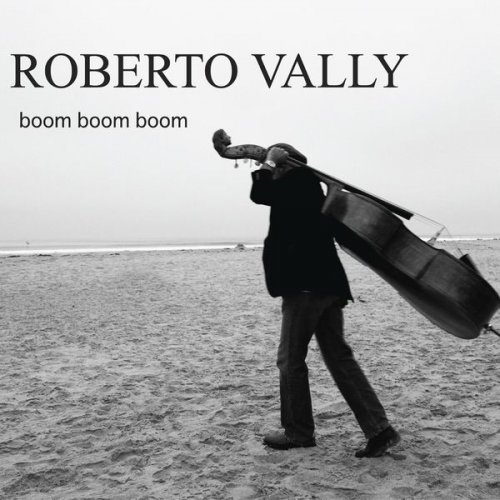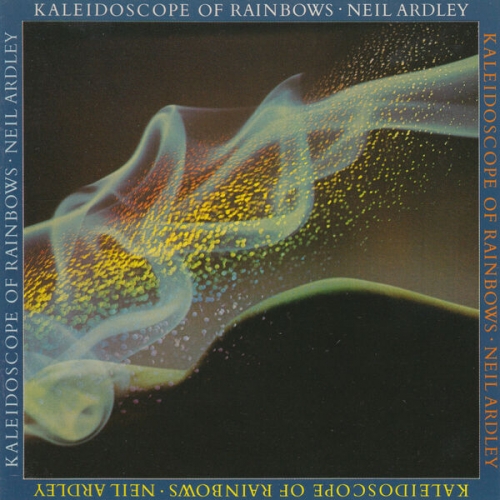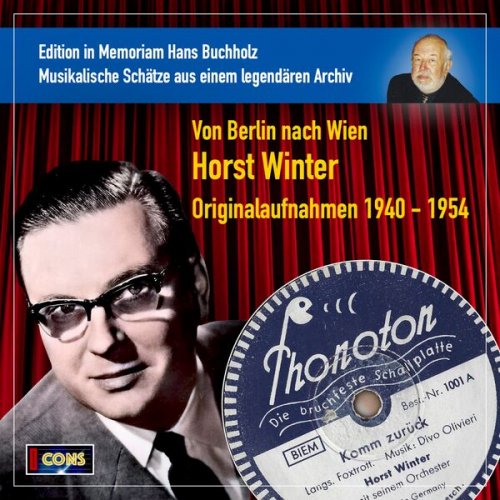Tatiana Monogarova, Maxim Mikhailov, Russian National Orchestra, Vladimir Jurowski - Tchaikovsky: Hamlet - Romeo and Juliet (2008) [Hi-Res]

Artist: Tatiana Monogarova, Maxim Mikhailov, Russian National Orchestra, Vladimir Jurowski
Title: Tchaikovsky: Hamlet - Romeo and Juliet
Year Of Release: 2008
Label: PentaTone
Genre: Classical
Quality: flac lossless (tracks) / flac 24bits - 96.0kHz / flac 24bits - 192.0kHz +Booklet
Total Time: 00:59:27
Total Size: 302 / 950 mb / 2.98 gb
WebSite: Album Preview
TracklistTitle: Tchaikovsky: Hamlet - Romeo and Juliet
Year Of Release: 2008
Label: PentaTone
Genre: Classical
Quality: flac lossless (tracks) / flac 24bits - 96.0kHz / flac 24bits - 192.0kHz +Booklet
Total Time: 00:59:27
Total Size: 302 / 950 mb / 2.98 gb
WebSite: Album Preview
01. Hamlet, Op. 67: Overture
02. Hamlet, Op. 67: Act I Scene 1: Melodrame: First Appearance of Ghost
03. Hamlet, Op. 67: Act I Scene 4: Fanfare: A Flourish of Trumpets
04. Hamlet, Op. 67: Act I Scene 4: Melodrame: Appearance of Ghost to Hamlet
05. Hamlet, Op. 67: Act I Scene 5: Melodrame: The Ghost Tells Hamlet of His Father's Murder
06. Hamlet, Op. 67: Act II: Entr'acte: Prelude to Scene 1 and First Appearance In the Play of Ophelia
07. Hamlet, Op. 67: Act II Scene 2: Fanfare: The Dumb Show Enters
08. Hamlet, Op. 67: Act II Scene 2: Fanfare: A Room In the Castle - Flourish
09. Hamlet, Op. 67: Act III: Entr'acte: Prelude to Scene 1 Which Features Hamlet's Soliloquy
10. Hamlet, Op. 67: Act III Scene 2: Melodrame: The Players Enact the Scene of the Poisoning
11. Hamlet, Op. 67: Act IV: Entr'acte: Prelude to Scene 1 - a Room In the Castle
12. Hamlet, Op. 67: Act IV Scene 5: Scene D'Ophelie: Elsinore - Ophelia's Mad Scene
13. Hamlet, Op. 67: Act IV Scene 5: Deuxieme Scene D'Ophelie: Re-enter Ophelia, Fantastically Dressed With Straws and Flowers
14. Hamlet, Op. 67: Act V: Entr'acte: Prelude to Scene 1 - a Churchyard
15. Hamlet, Op. 67: Act V Scene 1: Chant Du Fossoyeur
16. Hamlet, Op. 67: Act V Scene 2: Fanfare: Trumpets Sound
17. Hamlet, Op. 67: Act V Scene 2: Marche Finale
18. Romeo and Juliet (original 1869 Version)
There were not many composers of standing, who worked equally hard on absolute and programme music. And of those composers, only few were destined to achieve extraordinary results in both genres. One of them was Peter Tchaikovsky. Probably his passion for reading stood him in good stead when inspired by high literature; after all, Tchaikovsky considered “reading as ranking amongst the greatest moments of happiness”. In his programmatic works, he did not try to elaborate on a literary programme or the detailed portrayal of a plot; rather, he was attracted to the psyche of the figures depicted, to the development of their characters, or, for instance, to the emotional impasses and whirlpools, into which they manoeuvred themselves, or into which they were drawn.
Anyhow, Tchaikovsky used three plays by the great Shakespeare on which to model various works: The Tempest, Romeo and Juliet and Hamlet. He turned them into a symphonic fantasy (The Tempest, Op. 18), two fantasy-overtures (Romeo and Juliet, and Hamlet, Op. 67) and incidental music (Hamlet, Op. 67 bis). Just like many other composers, Tchaikovsky was inspired by a disastrous love, which led him to ruin. It is interesting to note that the young composer was truly encouraged to compose by Mili Balakirev. Balakirev suggested that Tchaikovsky use Shakespeare’s Romeo and Juliet as a model for his following work - he probably knew about Tchaikovsky’s unrequited love for the Belgian soprano Désirée Artôt and assumed that the story of the famous Shakespearian lovers would encourage him to get down to the composition.

![The Modificators & Alexei Borisov - Amanita Moskovia (2026) [Hi-Res] The Modificators & Alexei Borisov - Amanita Moskovia (2026) [Hi-Res]](https://www.dibpic.com/uploads/posts/2026-02/1770367165_dkflm1w7bm8aa_600.jpg)
![Gianluigi Trovesi - Cinque piccole storie (2026) [Hi-Res] Gianluigi Trovesi - Cinque piccole storie (2026) [Hi-Res]](https://img.israbox.com/img/2026-02/06/04dun4qdctri61rqigv8tm2is.jpg)

![The Mr Bongo Edits, Vol. 1-4 (2022-2026) [Hi-Res] The Mr Bongo Edits, Vol. 1-4 (2022-2026) [Hi-Res]](https://www.dibpic.com/uploads/posts/2025-03/1742727562_mr_bongo_edits_collage_square.jpg)
![Tilaye Gebre - Tilaye's Saxophone With The Dahlak Band (2026) [Hi-Res] Tilaye Gebre - Tilaye's Saxophone With The Dahlak Band (2026) [Hi-Res]](https://www.dibpic.com/uploads/posts/2026-02/1770295066_w2gwzanarvmoc_600.jpg)

![Richie Beirach - Jazz Adagio (2015) [Hi-Res] Richie Beirach - Jazz Adagio (2015) [Hi-Res]](https://www.dibpic.com/uploads/posts/2026-02/1770282211_rbja500.jpg)
![Silvia Tarozzi - Lucciole (2025) [Hi-Res] Silvia Tarozzi - Lucciole (2025) [Hi-Res]](https://img.israbox.com/img/2026-02/06/cbrge6f1dj9hjbeuk52e4w7sz.jpg)